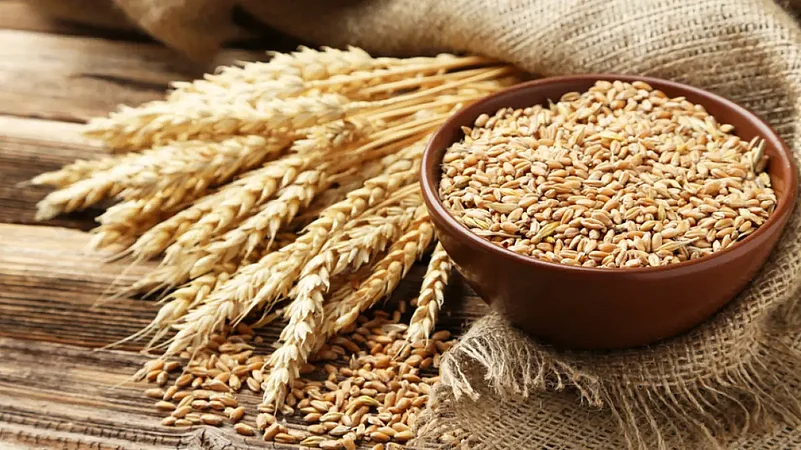Haryana has procured 8.06 lakh Metric Tonnes (MT) of paddy and 1.14 lakh MT of millet at its mandis in the ongoing Kharif Marketing Season.
The procurement of paddy and millet is progressing seamlessly at the mandis in the ongoing season, an official statement said here on Tuesday.
"The state has so far procured 8.06 lakh Metric Tonnes (MT) of paddy and 1.14 lakh MT of millet. A total payment of Rs 690 crore has been disbursed directly into the accounts of over 32,000 farmers for their crop purchases through the Direct Benefit Transfer (DBT) system," it said.
The statement said in a farmer-centric move to accommodate the early arrival of kharif crops, Chief Minister Manohar Lal Khattar decided to start procurement in September, ahead of the traditional October 1.
Paddy procurement started on September 25, based on farmers' demands. To facilitate this, 231 mandis were established across the state.
"The set target for paddy procurement during the Kharif Marketing Season 2023 is 60 lakh MT," it said.
The Food, Civil Supplies and Consumer Affairs Department has procured 4.83 lakh MT of paddy so far while, Haryana State Cooperative Supply and Marketing Federation Limited (HAFED) procured 2.49 lakh MT of the crop, the statement said.
Haryana State Warehousing Corporation procured 74,000 MT of paddy so far, it added.
Payments totaling Rs 653.17 crore have been transferred to 25,815 farmers within the stipulated timeframe.
Similarly, 93 mandis were designated for the purchase of millets, which commenced on September 23.
During the Kharif Marketing Season, the Government of India has set procurement targets of 1.50 lakh MT of millets for the Targeted Public Distribution System (TPDS) and 1 lakh MT for the Pradhan Mantri Poshan Yojana.
Currently, HAFED has procured 1.14 lakh MT millets and payments of Rs 36.82 crore has been disbursed to 6,236 farmers.
Nineteen markets have been established in the state for the procurement of maize. The government has made elaborate arrangements to ensure that farmers do not face any hassles in selling their produce at the mandis, it said.
Adequate facilities, including storage and other materials, have been made available to farmers at the mandis and procurement centres, it added.


























.jpg?w=200&auto=format%2Ccompress&fit=max)




